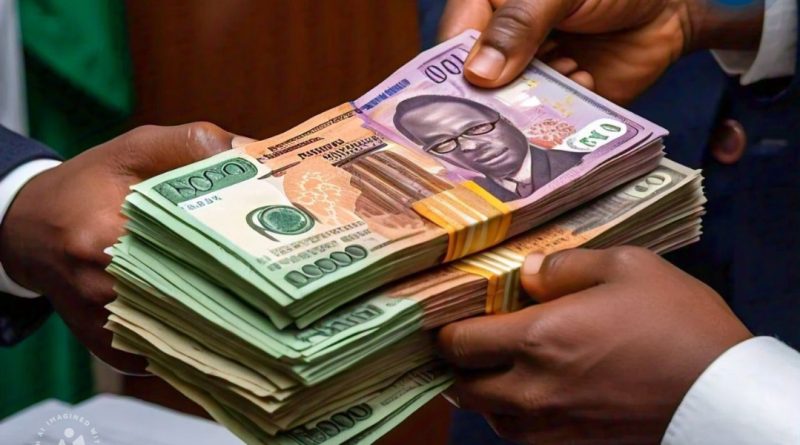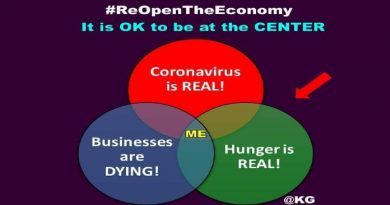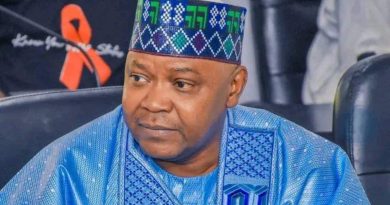The Symbiotic Bond of Bribery and Corruption: Nigeria’s Inseparable Twins (Part 1 of 3)
Parody with Dr. Iyke Ezeugo
In the vibrant yet tumultuous fabric of Nigeria’s society, two infamous figures have long overstayed their welcome: Bribery and Corruption. Like an inseparable tragicomic duo, they twist the ordinary into the absurd with audacious flair. Their presence has seeped into every corner—offices, streets, marketplaces, and even the quiet corridors of our homes.
Welcome to the grand spectacle of Nigeria, where reality is masked by gilded curtains. Center stage are Bribery and Corruption, inseparable twins whose bond rivals any legendary partnership. For generations, Nigerians have navigated life immersed in their influence; elders have come to accept them, while the young grow up with these twisted norms as backdrop. Together, they choke the nation in a relentless embrace that leaves it gasping for a breath of integrity.
Anatomy and Physiology of Bribery and Corruption
The anatomy of Bribery and Corruption is a complex network of desires, lust, greed, self-interest, loopholes, and societal pressures. Bribery, the suave charmer, arrives with enticing promises, bending rules for fleeting convenience. Corruption, the shadowy accomplice, morphs honest intentions into compromise and moral decay. Together, they reshape simple exchanges into obligations, turning Nigeria’s norms into gateways for vice.
Imagine a wedding, a naming ceremony, or a birthday party: joy fills the air, yet Bribery lurks in a “gift” to the officiant. Tokens of gratitude subtly transform, introducing an insidious obligation into social life. This transactional culture fuels a cycle where loyalty often trumps competence, and adherence to rules is dismissed as naïveté.
Beneath the Rhetoric: The Hypocrisy of Nigeria’s Anti-Corruption Efforts
Nigeria’s anti-corruption efforts ring with irony both at institutional and personal levels. Loud condemnations often come from those who thrive on the very system they decry, creating an atmosphere where genuine commitment to change or celebrated reform efforts become mere theater. Hypocrisy permeates every level of society, transforming justice into hollow platitudes, while the machinery of corruption hums along.
This duplicity erodes belief in an individual’s professed integrity and public trust in even the thoughtfully dedicated institutions, fueling cynicism. A culture of double standards emerges where accountability fades, and corruption thrives in the shadow of feigned outrage. True reform requires collective commitment to transparency, accountability, and integrity. *Nigerians must realign public condemnations with private actions,* actively fighting for the accountability they deserve.
A Love Story? Nigeria’s Relationship with Bribery and Corruption
Bribery and Corruption in Nigeria go beyond transactions—they’re woven into individual consciences, friendships, family ties, workplace hierarchies, and public policies. Phrases like “Nothing for nothing,” “money for hand, back for ground,” and many more, capture the mindset: everyone expects something in return, as motivation or as gratitude. Bribery and Corruption started noiselessly with very small seemingly insignificant exchanges and boundary shifting but now they have become reflexive, touching every stratum of society.
Case Studies: Landmark Episodes of Bribery and Corruption
The Oil Subsidy Scandal: Billions meant for fuel subsidies vanished in a tangled web of corruption involving officials and elites. This heist exemplifies how Bribery and Corruption thrive in a system designed to serve them.
The Pension Fund Scandal: In a disturbing case, officials looted pension funds intended for Nigeria’s elderly, highlighting the brutal indifference of corruption toward society’s most vulnerable. These episodes mirror the widespread institutional decay that haunts Nigeria.
Across the country, citizens are compelled to bribe for basic services, and agencies demand bribes for promotions, posting , role assignments, recognitions, and contracts, eroding patriotism and trust in institutions.
International Echoes: How Nigeria’s Twins Have Global Counterparts
Though Nigeria’s twins are infamous, Bribery and Corruption manifest globally. In Brazil, “Operation Car Wash” exposed corruption within Petrobras, implicating leaders across Latin America.
In the Philippines, the Marcos dynasty exemplified unchecked power, with funds meant for public welfare instead fueling personal extravagance.
Globally, massive scandals lead to overhauls and consequences for perpetrators. Yetlin Nigeria, Bribery and Corruption rarely suffer a scratch. For Nigeria to truly transform, reform must rise from a genuine commitment to justice, with every citizen actively demanding accountability.
In exposing these evils and recognizing their global presence, we might find valuable lessons from other nations’ battles against these toxic forces. In Brazil, “Operation Car Wash” eventually brought high-profile convictions, catalyzing reforms and ushering in more accountability. Meanwhile, the Philippines faced hard truths following the Marcos years, with subsequent generations pushing for transparency and reparations for funds lost to corruption. If examples illustrate that even deeply entrenched systems of bribery and corruption can be shaken though the process demands courage and collective resolve. But can the chief beneficiary of a corrupt system stand firmly against the system that made him – the system that is still sustaining his grip and relevance. Can a tree revolt against the ground that holds its roots? On what foundation will it stand? At this point it seems that only the masses can save themselves and the nation. Any hope of redemption initiative and genuine drive from the leaders is a false hope for now.
Anyway, Nigeria can embrace these mentioned countries lessons, turning its tide of complacency into a wave of reform. Only then can the nation truly hope to reclaim its integrity, severing the bonds between corruption and the economic hardship that plagues its people. This enduring cycle remains the chief obstacle to a brighter future for Nigeria’s citizens. Each unchecked instance of corruption, every uninvestigated case of embezzlement, and every instance of high-level impunity erodes the nation’s resilience. But change won’t come from hollow promises or sporadic crackdowns; it must be rooted in an unwavering commitment to justice and transparency.
*What do we stand to gain assuming we win the fight?*
Imagine a Nigeria where government offices prioritize public interest over personal gain, where every naira spent is meticulously accounted for, and where leaders are answerable to those they serve. In such a nation, the opportunities are boundless – foreign investors would flock to its markets, trust in institutions would be restored, and the youth would be empowered to build instead of flee. Families wouldn’t need to separate across continents in search of stability, and communities would be reinvigorated by the promise of a prosperous future.
Is there a way forward?
To break free from the grip of corruption, every Nigerian must play a part, particularly the ordinary citizens —from private persons to civil servants resisting the temptations and upholding integrity* in daily decisions to citizens *demanding accountability* from those in power. Only through this collective effort can the country dismantle a system that has long robbed its people of dignity and opportunity. The path forward is difficult but achievable: a Nigeria where dreams are not stifled by dishonesty but fueled by a shared commitment to progress and prosperity.
The call to action is now, and the vision of a truly transformed Nigeria depends on the courage and commitment of us all.
In part two and three, an attempt will be made at separating these conjoined twins through surgery. This is aimed at creating a deeper visibility into their individual anatomies for a clearer understanding of who they are, how they operate and impact our lives and society, and perhaps, how they can be tracked in isolated states using the famous ‘divide and conquer’ principles for complex problems. Stay tuned!
Dr. Iyke Ezeugo is a Forensic Researcher, a Social Impact Expert, and Satirist who uses his perspectives and parodies to challenge the status quo, spark debates, and inspire fresh perspectives on public affairs through insightful intellectual injections.




